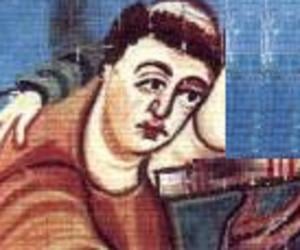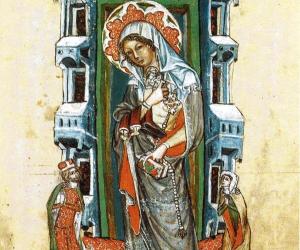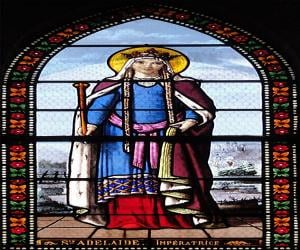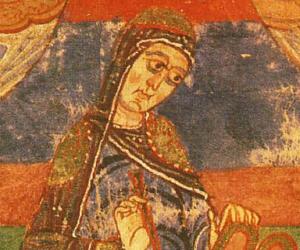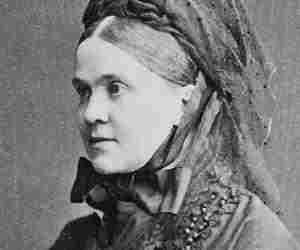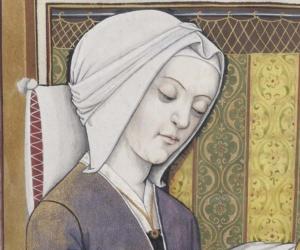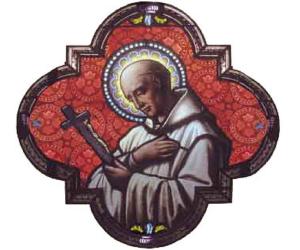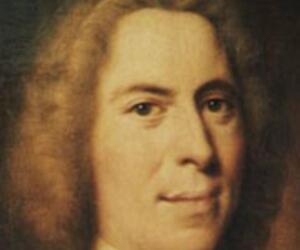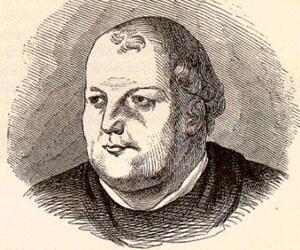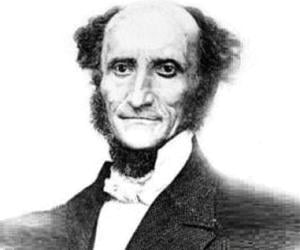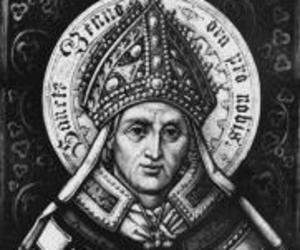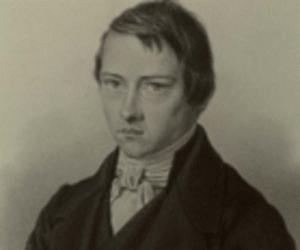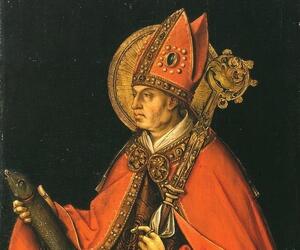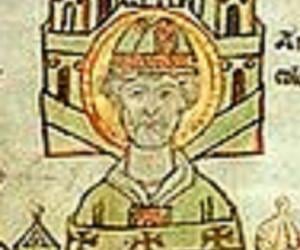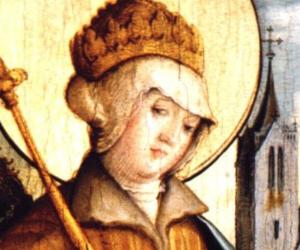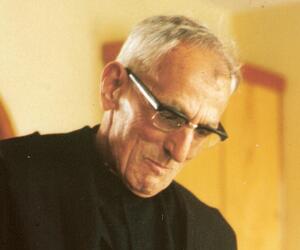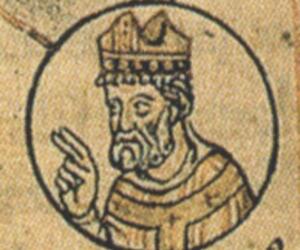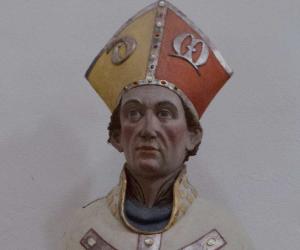1
Princess Ileana of Romania
(Nun)
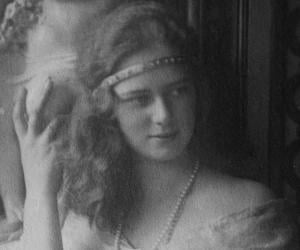
19
7
Birthdate: January 5, 1909
Sun Sign: Capricorn
Birthplace: Bucharest, Romania
Died: January 21, 1991
Princess Ileana of Romania, also known as Mother Alexandra, was a dedicated religious figure who founded the Orthodox Monastery of the Transfiguration in the United States. She was a prolific author, writing several books on spirituality, faith, and her own experiences. Princess Ileana was also a skilled public speaker, sharing her insights and beliefs with audiences around the world. She was deeply committed to helping others and serving her community through her charitable work and religious leadership.


